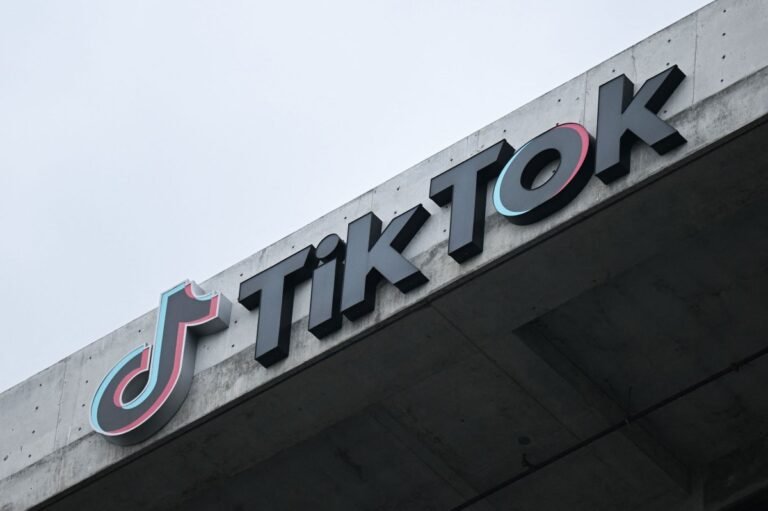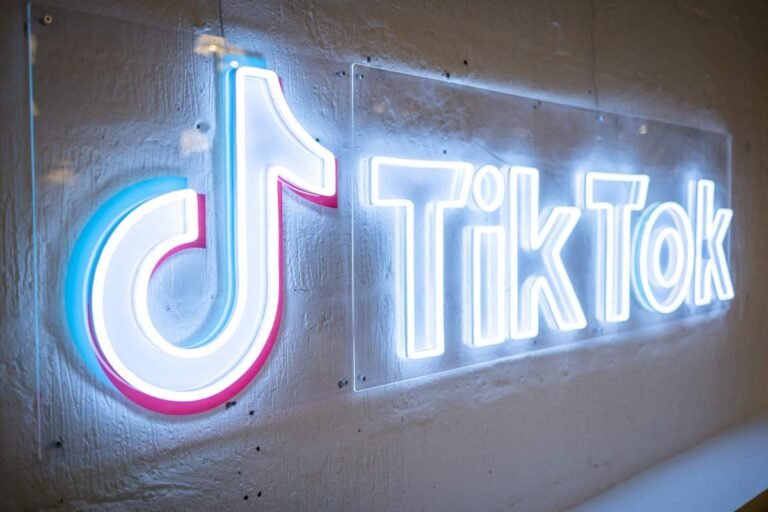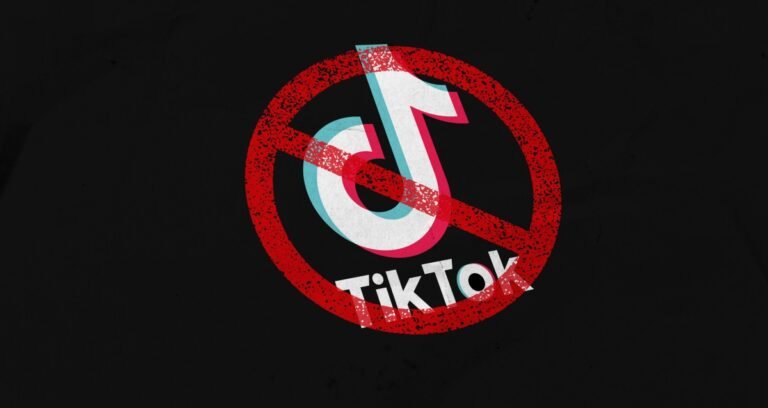
The Federal Trade Commission (FTC) on Thursday said it will ban the antivirus giant Avast from selling consumers’ web browsing data to advertisers after Avast claimed its products would prevent its users from online tracking.
Avast also settled the federal regulator’s charges for $16.5 million, which the FTC said will provide redress for Avast’s users whose sensitive browsing data was improperly sold on to ad giants and data brokers.
But the FTC alleged that Avast sold consumers’ browsing data through its now-shuttered subsidiary, Jumpshot, to more than a hundred other companies, making Avast tens of millions of dollars in revenue.
The regulator said that the browsing data that Jumpshot sold revealed consumers’ religious beliefs, health concerns, political leanings, their location, and other sensitive information.
The reports found Jumpshot was also selling access to its users’ click data, including the specific web links that its users were clicking on.

The U.S. Federal Trade Commission has continued its crackdown on data brokers with a settlement banning data aggregation company InMarket from selling consumers’ precise location data.
Texas-based InMarket, which debuted as CheckPoints at TechCrunch Disrupt 2010, provides a marketing platform that collects sensitive consumer data — including location data, purchasing history, and demographic information — which brands and advertising agencies use to facilitate targeted advertising on mobile devices.
Based on the data that InMarket collects, brands can target shoppers who are likely to be low-income millennials or Christian churchgoers, according to the FTC.
In its proposed order unveiled Thursday, the FTC accused InMarket of failing to obtain users’ consent before using their location data for marketing and advertising purposes.
That order marked the first time the regulator struck a deal to prohibit a company from selling sensitive location data.

This move by Australian authorities follows regulators in Denmark, France, and Germany who have all banned the app recently. TikTok is popular among teenagers for its quick camera functions and…

Hotels are always looking for ways to increase their profit margins, so they’re taking advantage of technology in unique ways. For example, some hotels are now using Wi-Fi to track…

This announcement comes as part of a larger push by the French government to improve communications and create a more unified culture across all governmental institutions. Officials believe that restricting…

New Zealand’s decision to ban TikTok from government devices follows Australia’s ban which took effect on July 1. Both countries are concerned about TikTok-owner ByteDance handing user data to the…

You’ve probably heard of augmented reality, but what is it? Augmented reality is a technology that creates a digital overlay on top of the real world. Devices that support augmented…

There are different ways to cheat in a video game, but some of the most common ways include using software that allows you to bypass restrictions or games that allow…

With government-issued mobile devices now banned from using TikTok, this popular app will likely see a decline in usage. This block follows similar actions taken by the European Commission and…

The European Parliament approved a ban on the sale of new gas and diesel cars in the EU in a move designed to speed up the transition to electric vehicles.…










